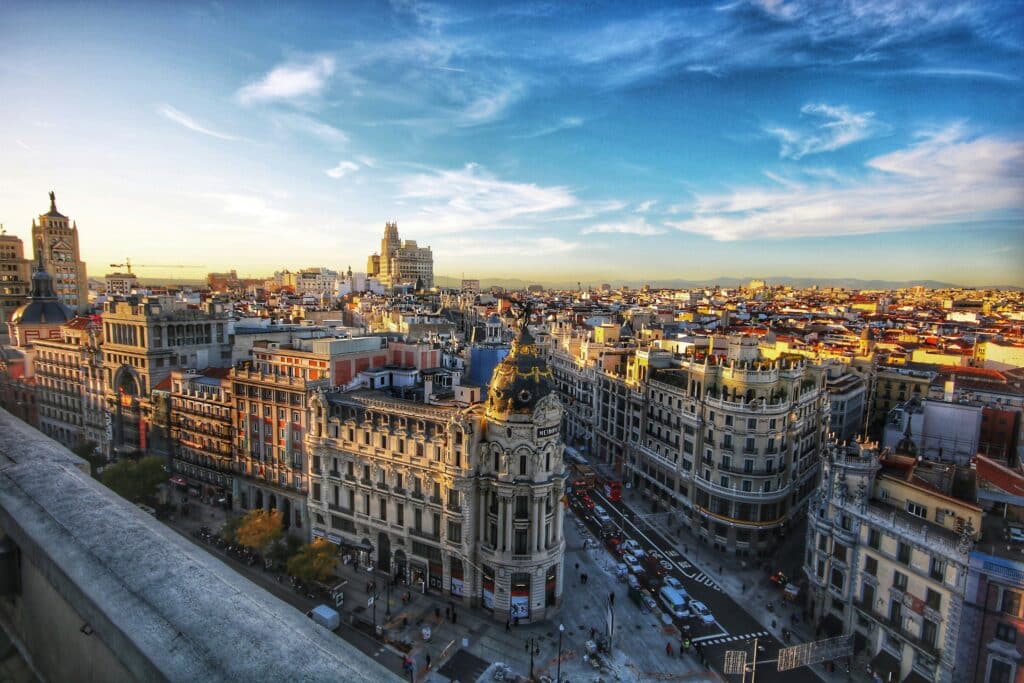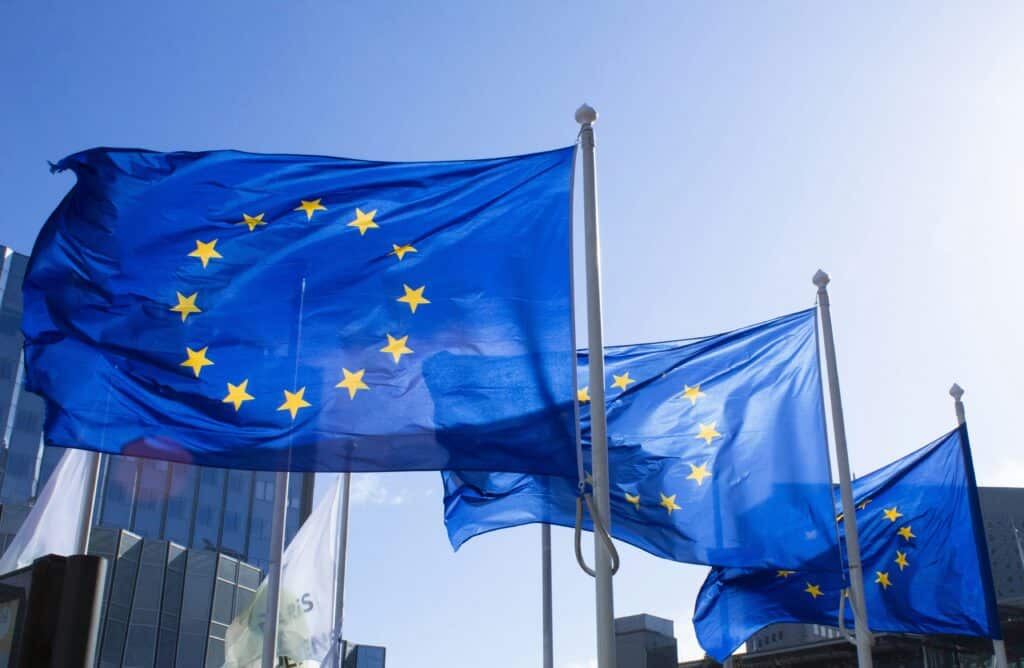International Methane Emissions Observatory: a new step in limiting global GHG emissions
This is the third and conclusive installment of the Topic of the Month: Will 2021 be a breakthrough year for global action on methane emissions?
UN Environmental Programme (UNEP) on 2 March officially announced the creation of the International Methane Emissions Observatory (IMEO). UNEP, in collaboration with the European Commission, launched IMEO to engage with governments and companies around the world to accelerate reductions of methane emissions globally.
Reducing methane emissions from the energy sector is one of the quickest, most feasible, and most cost-effective ways to limit the impacts of climate warming. If the world is to achieve the 1.5°C global temperature target of the Paris Agreement, dramatic reductions of methane emissions must be achieved by 2030.
Many sources of methane emissions can be mitigated in a cost-effective manner with technologies that exist today. The IEA estimates that over 75% of emission could be mitigated – and up to 40% at no net cost. This level of emissions across the oil and gas industry could provide 6% to 15% of the additional emissions reductions required to meet the goals of the Paris Agreement.
However, there is a lack of data and information on where and how much methane is emitted. Emissions figures today are largely based on engineering calculations and can vary significantly depending on who is reporting it and what methodology is used. There is enough information to act now, but to addressing emissions on the scale and in the timeframe necessary to meet the 1.5°C target will require a deeper understanding of methane emissions.
The IMEO will work on three connected priorities:
1. Transparency
IMEO will collect company data through reporting to the Oil and Gas Methane Partnership (OGMP), the gold standard methane reporting framework developed by UNEP, the European Commission, Environmental Defense Fund, and leading oil and gas companies in the framework of the CCAC. From day one, OGMP member company assets represent a third of global oil and gas production on five continents – and membership is expected to grow apace. The European Union in its methane strategy recognized the OGMP as “the best existing vehicle for improving measurement, reporting and verification capability in the energy sector”.
Aggregating company reporting, satellite data, and measurements from scientific studies – many of which will be sponsored by IMEO – will create the best picture to date of global methane emissions levels and sources. With this global database, IMEO will verify both company and country reporting and catalyze mitigation action around the world.
2. Science
IMEO will commission studies that measure methane emissions from the coal, oil, and gas value chains globally, providing accurate publicly available data and improved methods for measurement. This data will allow governments, industry, and other stakeholders to prioritize policies and actions to reduce emissions of methane. IMEO will also build a community of scientists in developing countries, building global expertise and capacity on methane measurements.
3. Implementation
IMEO will work with countries to deepen the understanding of the importance of methane emissions management to achieve the Paris Agreement goals. Recognizing the important role that countries must play in the methane ecosystem, IMEO will act as the interface through which countries can access and interpret this data in order to build government capacity to address methane emissions by pursuing science-based policy options.
UNEP is encouraging broad participation of international community in advancing IMEO objectives. The G20 Presidency recognized the short-term climate potential of methane mitigation and has included methane as a key topic of the Energy Transition and Climate Protection working group. As the premier forum for international economic cooperation, the G20 could lead the world on a critical climate issue with cost-effective solutions. The global influence wielded by the G20 could drive ambitious action by companies and countries.








